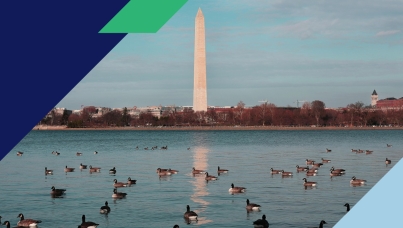School shootings are a problem. Where are the solutions?
Gun violence is a uniquely American issue among developed countries. The recent shooting in Lewiston, Maine, where 18 people were killed and many others were injured, serves as just another reminder that these mass shootings can happen at any time.
However, even as these violent, familiar news cycles continue, America remains divided on how to stop them. School shootings aren’t an exception here either. When it comes to protecting children from the threat of shootings, Americans aren’t in agreement.
Below are five charts on the state of gun violence in the U.S., how it affects K-12 schools, and the fundamental disagreements that keep solutions elusive.
- Outlier. The U.S. is an outlier in the world when it comes to gun violence. The number of mass shootings spiked in 2020, and 2023 is on pace to continue this trend. Wednesday’s shooting in Lewiston, Maine, is yet another example of the ubiquity of this uniquely American experience among developed economies.
- A top concern. In America, preparing children for the future is just as big of a worry for the general population as protecting them from gun violence. This is our concerning and disturbing reality. The data is clear.
- Ingrained into the culture. How common are active shooter drills? According to K-12 parents, they are about as common as inclement weather drills and slightly more common than mental health or anti-bullying education. In comparison, only 9% of parents say they experienced an active shooter drill when they were in school. Times are changing. The threat of school shootings is part of what it means to grow up in America.
- Fundamental divide. What’s the best way to prevent school shootings? Democrats say restrictions on guns, Republicans say making schools safer. This leaves America, as a whole, divided. Two Americas: one red, one blue.
- Reflected in the policy. You can see this divide reflected in attitudes towards policies. Some solutions, like raising the minimum age to buy guys, have broad support. But Democrats are more supportive of issues that restrict access to guns, while Republicans are more likely to prefer measures to protect children from guns. The problem is clear; solutions are less so.
Mass shootings are something that seems uniquely American. The threat of mass shootings has become ingrained into our culture, especially among our youth.
Why hasn’t the U.S. been able to find any solutions? Look toward our partisan divisions. We all agree this is a problem, we just can’t agree on a solution.



